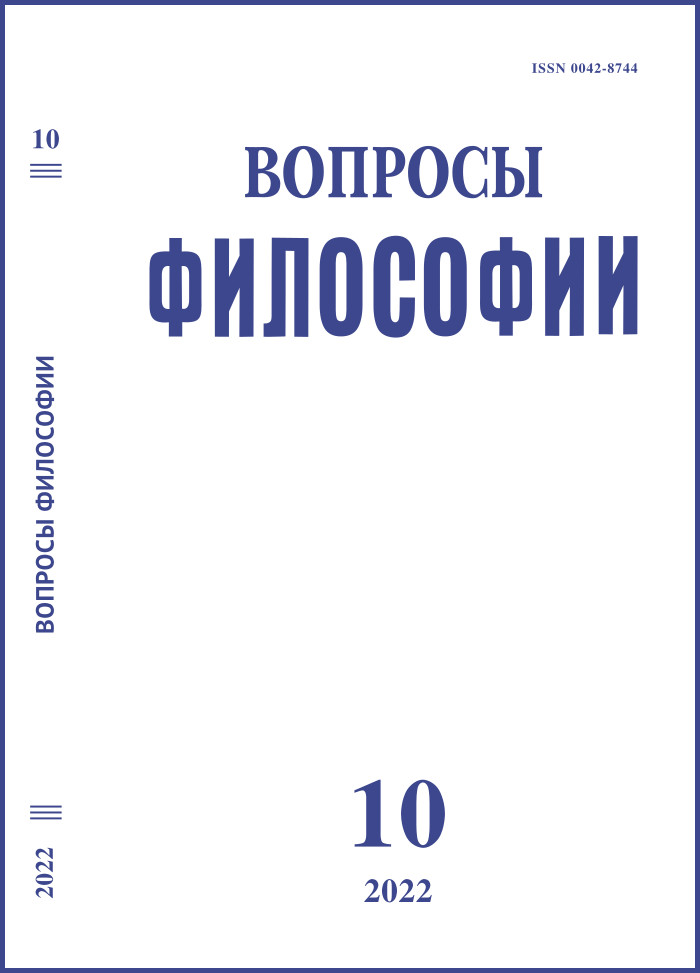Marxism as the Theoretical Foundation of Agrarian Policy of the USSR
DOI:
https://doi.org/10.21146/0042-8744-2022-10-44-55Keywords:
Marxism, USSR, history, Bolsheviks, agrarian question, socio-economic structure, community, class struggle, dictatorship of the proletariatAbstract
The USSR as a state and as a social and economic structure had Marxism as its theoretical base. Its fundamental and especially important concepts for Russia were the doctrine of private property, the Russian commune, the class struggle and the dictatorship of the proletariat. These doctrines, perceived dogmatically and perversely, were used with revolutionary fanaticism in Russia after October and during the formation of the USSR. The task of destroying of private property was carried out without the concretization from K. Marx and F. Engels and in contrary to the instructions that the peasantry should come to collective production not by force but by the free choice. In addition for a period Marx and Engels themselves pinned too high hopes on the collectivism of the Russian commune. They didn’t understand its forced and not free, as they believed, communistic character. They also exaggerated the importance of the class struggle as a source of social development, so the proletariat’s role of the dictator was absolutized after a single historical precedent. The Bolsheviks took full advantage of these concepts of Marxism, usurping power, inflaming a civil war and creating a new empire.
Downloads
Published
Versions
- 2025-02-07 (2)
- 2022-10-31 (1)

